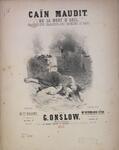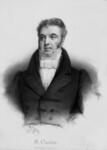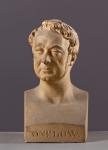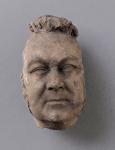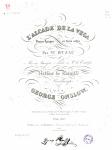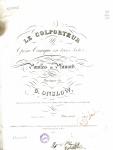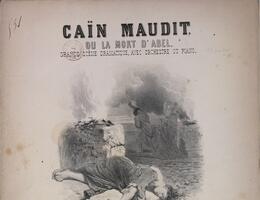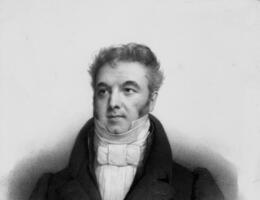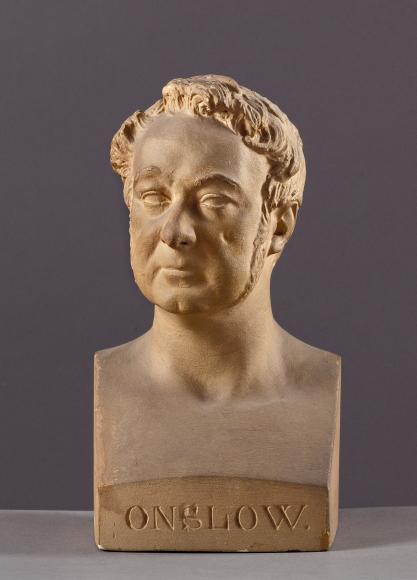
George ONSLOW
1784 - 1853
Composer
The grand master of chamber music, George Onslow was regarded in his lifetime as the “French Beethoven” and is one of the leading figures of French Romanticism. Born in Clermont-Ferrand, he studied music in Hamburg, where he took piano lessons with Dussek. He is said to have found his vocation as a composer after hearing Méhul’s overture to Stratonice (1801), which brought him to Paris. He published his first works in this city (with Pleyel), studied under Reicha at the Paris Conservatoire and, taking a keen interest in string music, learnt the cello. Championed by Baillot and the Dancla brothers during their performances of chamber music, Onslow’s quartets and string quintets rapidly met with acclaim in the French capital, then throughout Europe. Much was made of the originality of his compositions, which were technically very difficult, and Berlioz considered the composer as one of the “greatest harmonists of the period”. As well as his prolific output for strings, he wrote several trios and piano sonatas, three operas and four symphonies; his Quintet, subtitled “de la balle” (“The Bullet”, op. 38), written during his convalescence after a hunting accident, is probably the best-known of his works. Strangely enough, this composer of European stature never settled in Paris. In fact, Onslow divided his time between the capital and his native Clermont-Ferrand, where he worked hard to energise the town’s musical activities: a member of the Académie de Musique de Clermont-Ferrand, he was also president of the Société Philharmonique.
Focus
Focus

